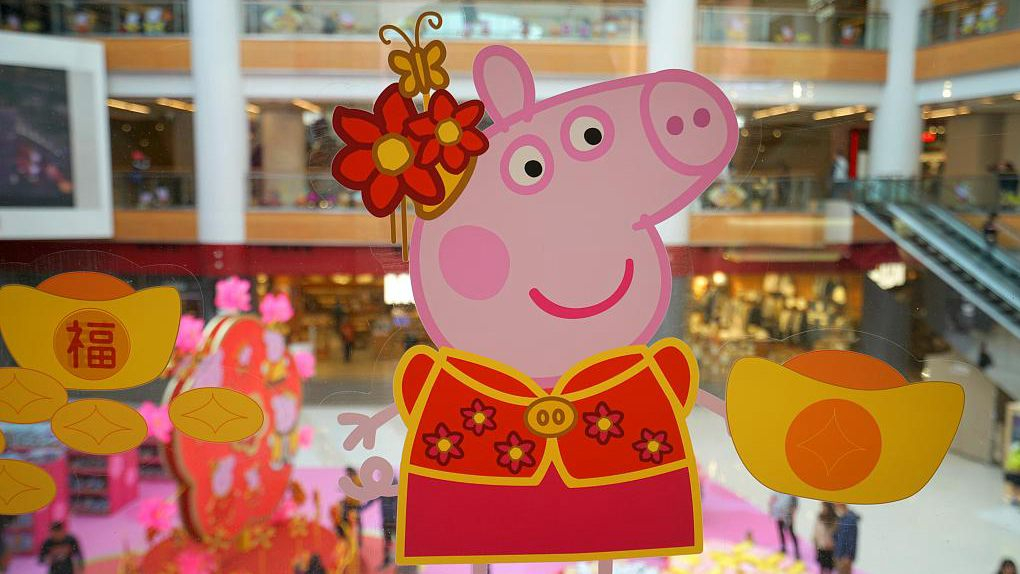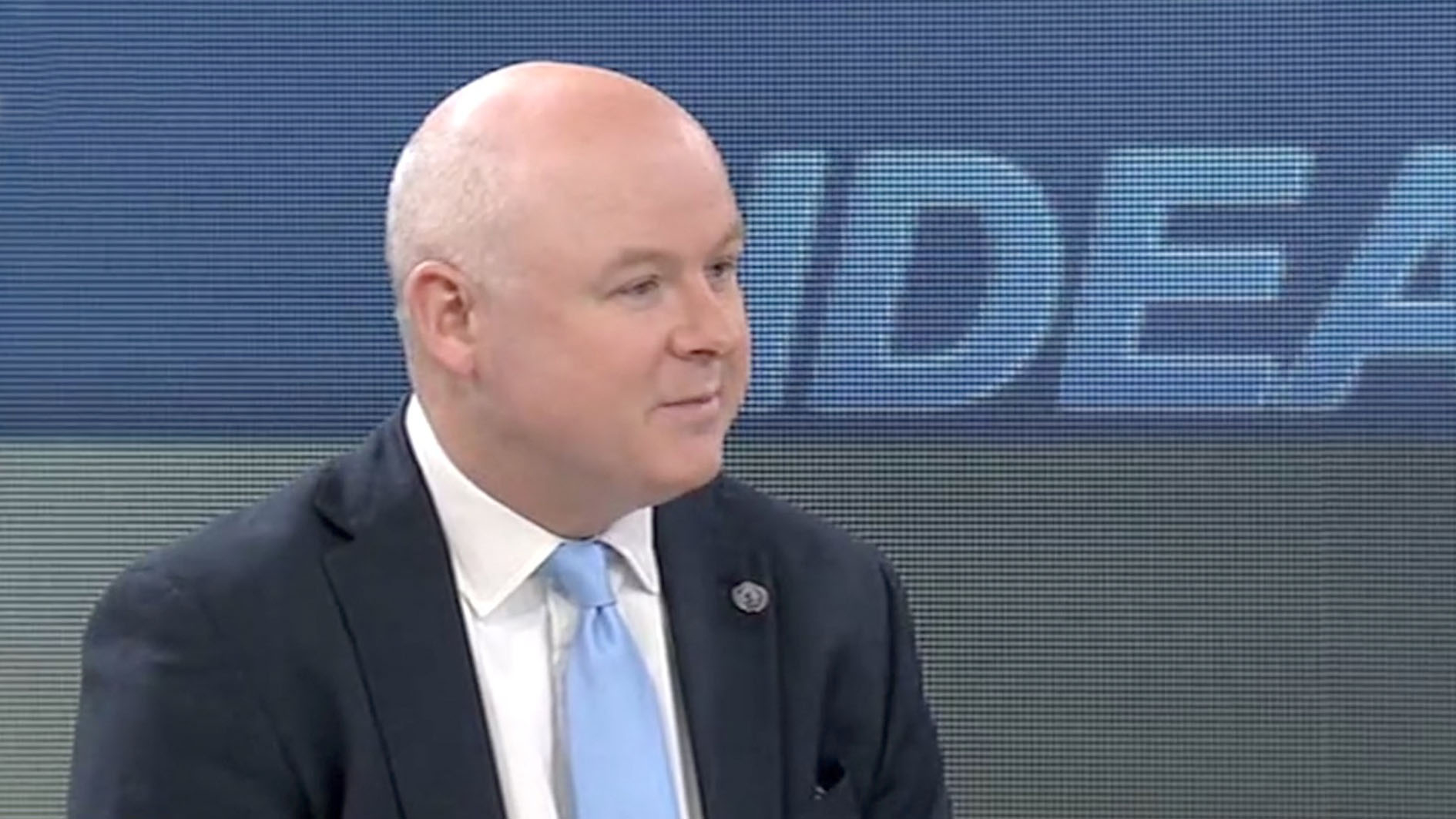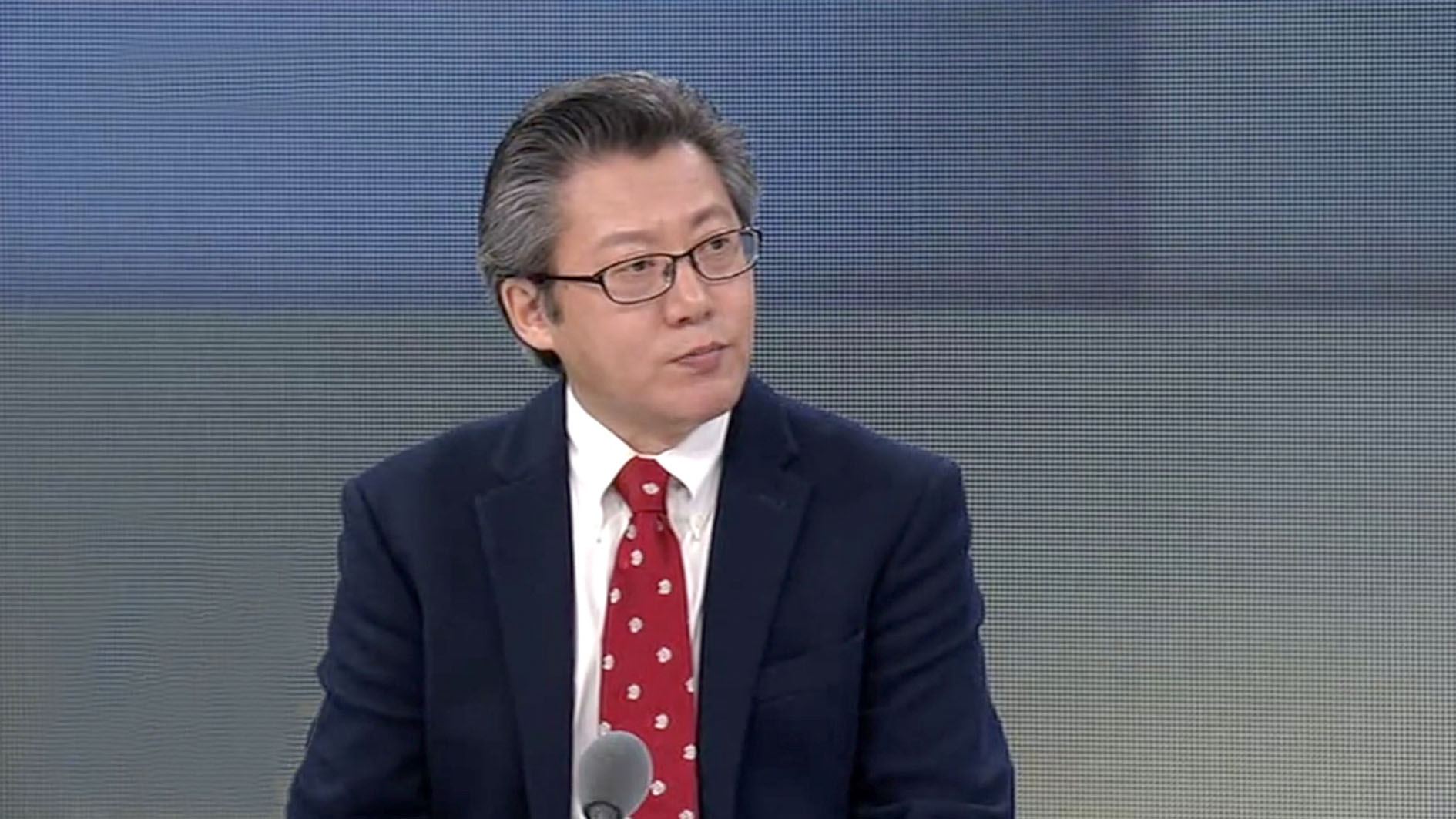
TV Show
11:14, 29-Jan-2019
'What is Peppa?': Why did a short film about a cartoon pig hog the spotlight in China?
Dialogue with Yang Rui

A trailer for a movie about the popular British cartoon character Peppa Pig, set to debut in China during the Spring Festival, has struck a chord with Chinese people for highlighting traditional family values, but also for bringing to fore nagging social issues facing the country.
"What is Peppa?" is a promotional video of the upcoming "Peppa Celebrates Chinese New Year", premiering in China at the beginning of the Year of the Pig, but many saw it as a short film in its own right.
The five-minute clip centers around a loving Chinese grandfather who resides in a village and is on a quest to find out what "Peppa" is in order to give his grandson who lives in the city the perfect Chinese New Year's present. Its tear-jerking and humorous portrayal of family bonds has caused a collective reflection about traditional Chinese values.
Dr. Douglas Noble, deputy representative of UNICEF China, said that it's a very creative way to have the cartoon character Peppa connect the two generations in the teaser; and such phenomenon is actually very common. But the positive side of the teaser is that it also brings the family closer when its members learn about and understand each other.
00:48

Professor Teng Jimeng from Beijing Foreign Studies University pointed out that over the past four decades, China has scored considerable progress in terms of urbanization and industrialization.
But there are certain issues people are facing in today's society, such as the gap between rural and urban areas, which the film has depicted. The industrialization and migration trend are threatening the significance of some of the traditional Chinese values, and are now drawing growing attention from the government and the public.
01:19

Noble noted that China has made great success in pulling hundreds of millions of people in rural areas out of poverty in the past 40 years. But addressing the issues of a growing migrant population and left-behind children requires new approaches and policies.

SITEMAP
Copyright © 2018 CGTN. Beijing ICP prepared NO.16065310-3
Copyright © 2018 CGTN. Beijing ICP prepared NO.16065310-3